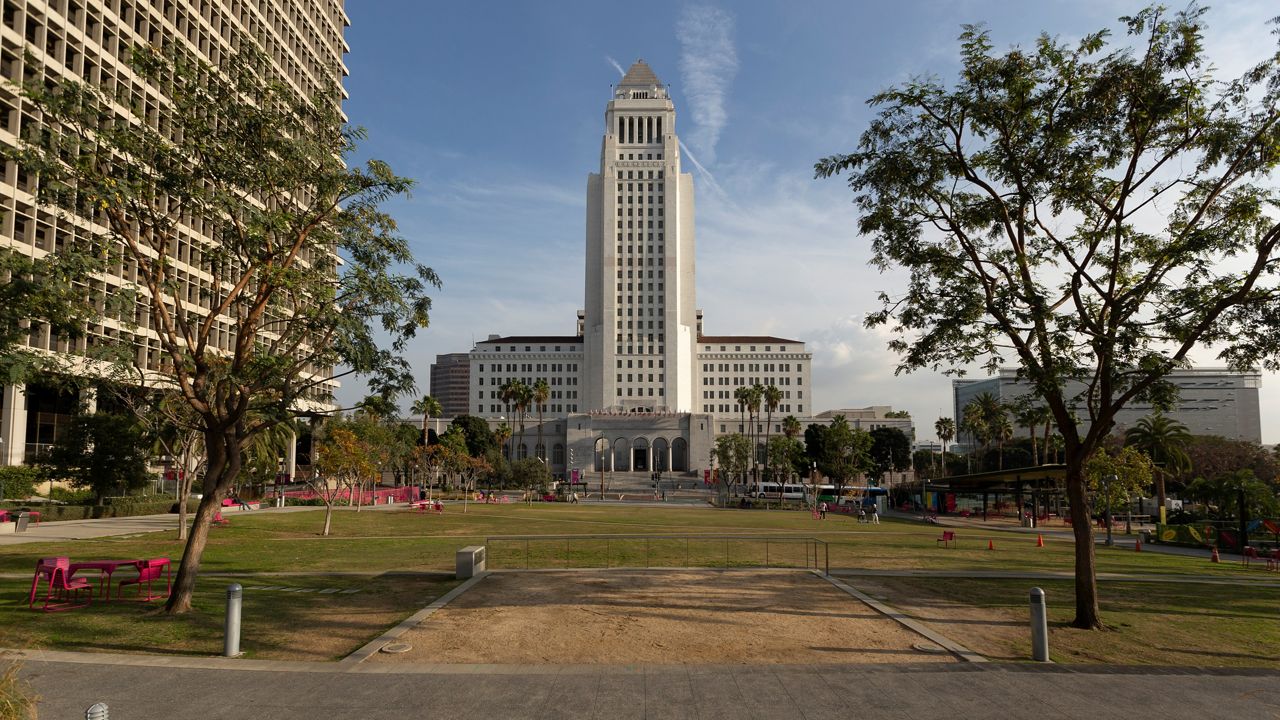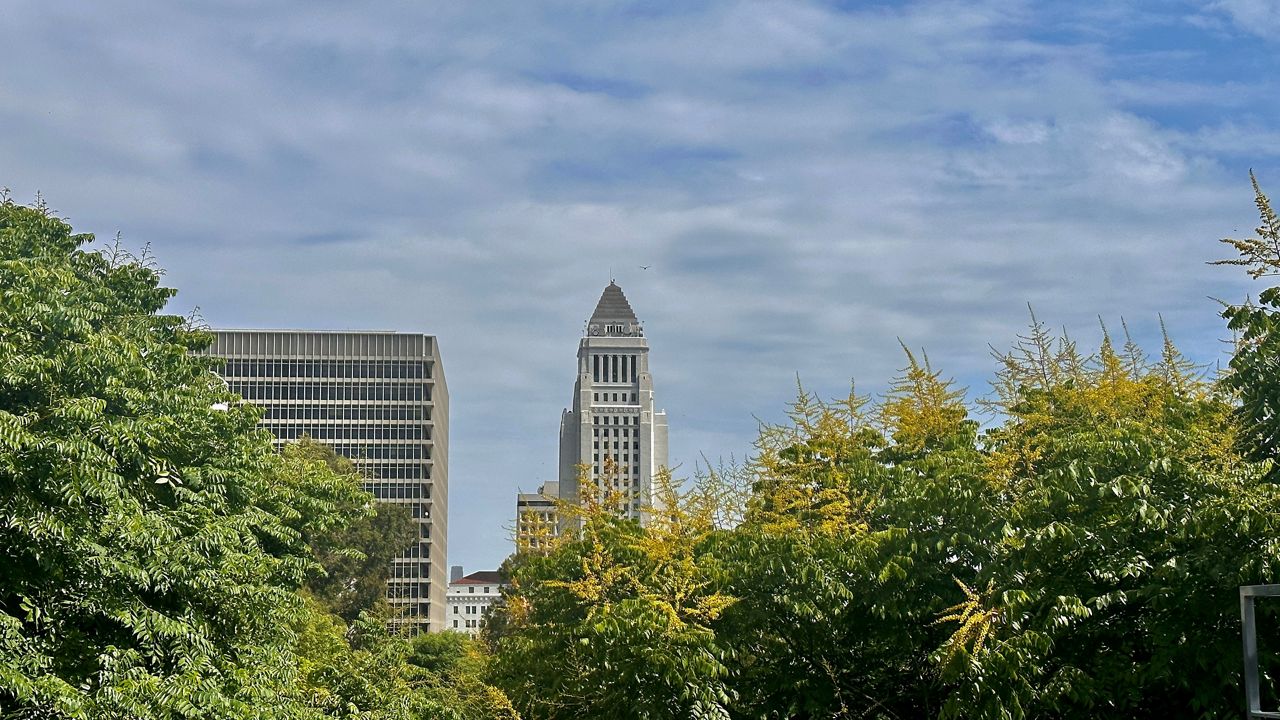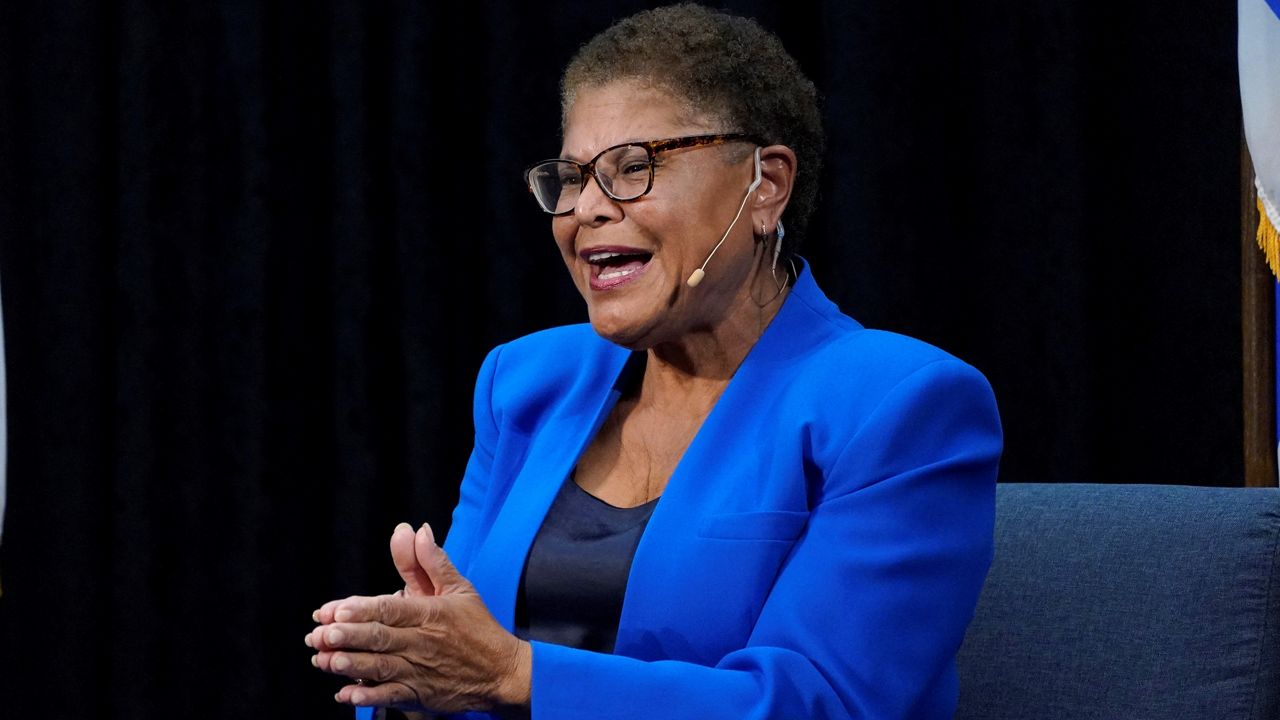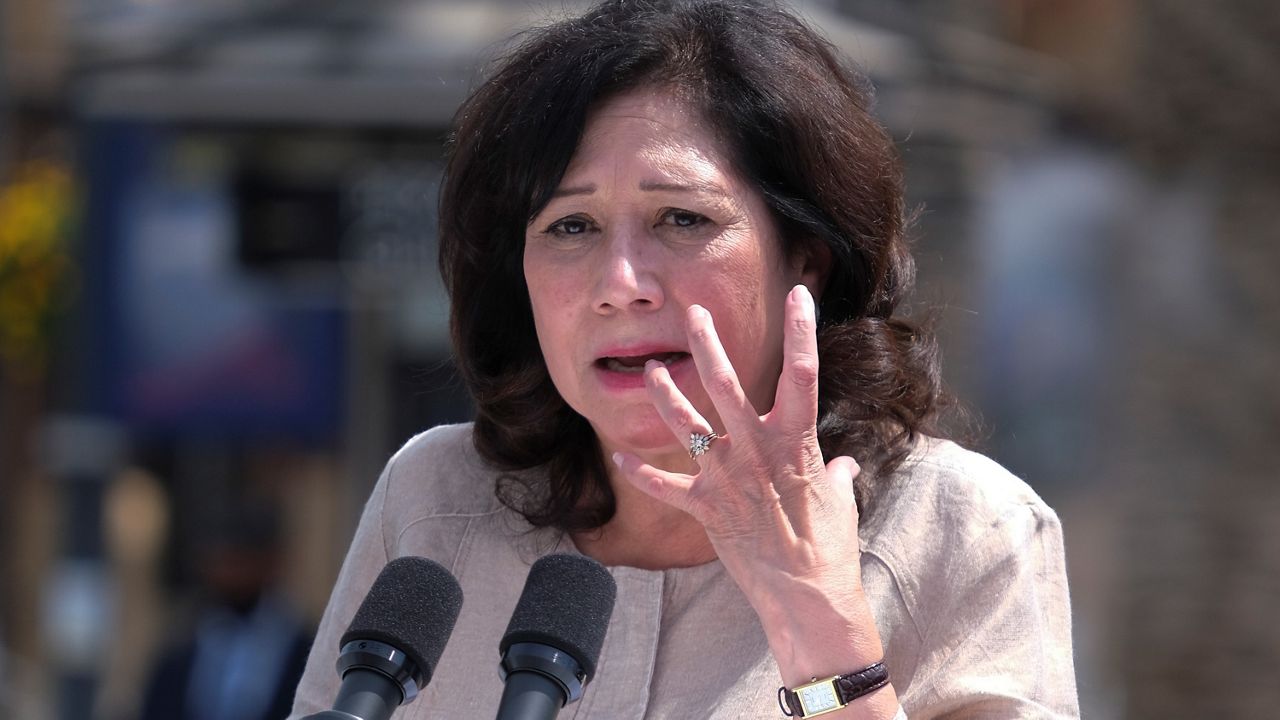LOS ANGELES (CNS) — In an effort to create more affordable housing in higher resource neighborhoods, the Los Angeles City Council called Friday for preparation of an ordinance that would incentivize affordable housing projects in such areas.
Only 14% of the affordable housing units permitted in the last decade in Los Angeles were located within high-resource neighborhoods, while 86% were in neighborhoods deemed low-resource and high-poverty.
“I want to make sure that balance looks a little better for Los Angeles going forward,” said Councilwoman Nithya Raman, who introduced the initial motion in August 2021 along with Councilman Marqueece Harris-Dawson.
The council voted 12-0 Friday to direct the Department of City Planning to prepare an ordinance that would expand incentives for projects located on land already zoned for multi-family housing, with a focus on commercial zones, transit areas and corridors. The city would also incentivize projects on publicly owned land, parking zones and land owned by faith-based institutions.
The incentives could include “ministerial approval” for such projects, meaning the permitting process would be streamlined and the project given approval as long as it meets certain objective standards.
The council also instructed the department to report back on recommendations for a local incentive program increasing the number of affordable housing units for projects in higher resource neighborhoods.
About 76% of Los Angeles’ highest resource areas are zoned for single-family homes, while only 18% of the “high-segregation and poverty areas” are zoned for single-family homes, city planning officials said last year.
Councilman Mike Bonin, who said affordable housing is difficult to build in his Westside district, urged planning officials to “come back with something that is as strong as possible that makes it mandatory to do it.”
The council called for options to create an “Affordable Housing Overlay Zone” that Raman said would ensure affordable housing projects in higher resource areas are economically feasible for developers, as it costs more to build housing in wealthier neighborhoods. The zoning would allow more affordable housing to be built near public parks, transit schools, grocery stores and health facilities.
According to UC Berkeley’s Other & Belonging Institute, Los Angeles was the sixth-most segregated metro region with populations of more than 200,000 as of 2019.
“Any way we can enhance a policy which encourages affordable (housing) and incentives it across city equitably is a good thing,” Councilman Mitch O’Farrell said. “Not any one, two, three or four council districts should shoulder the entire burden of the production of affordable housing. It should be citywide. That’s more fair and equitable.”










